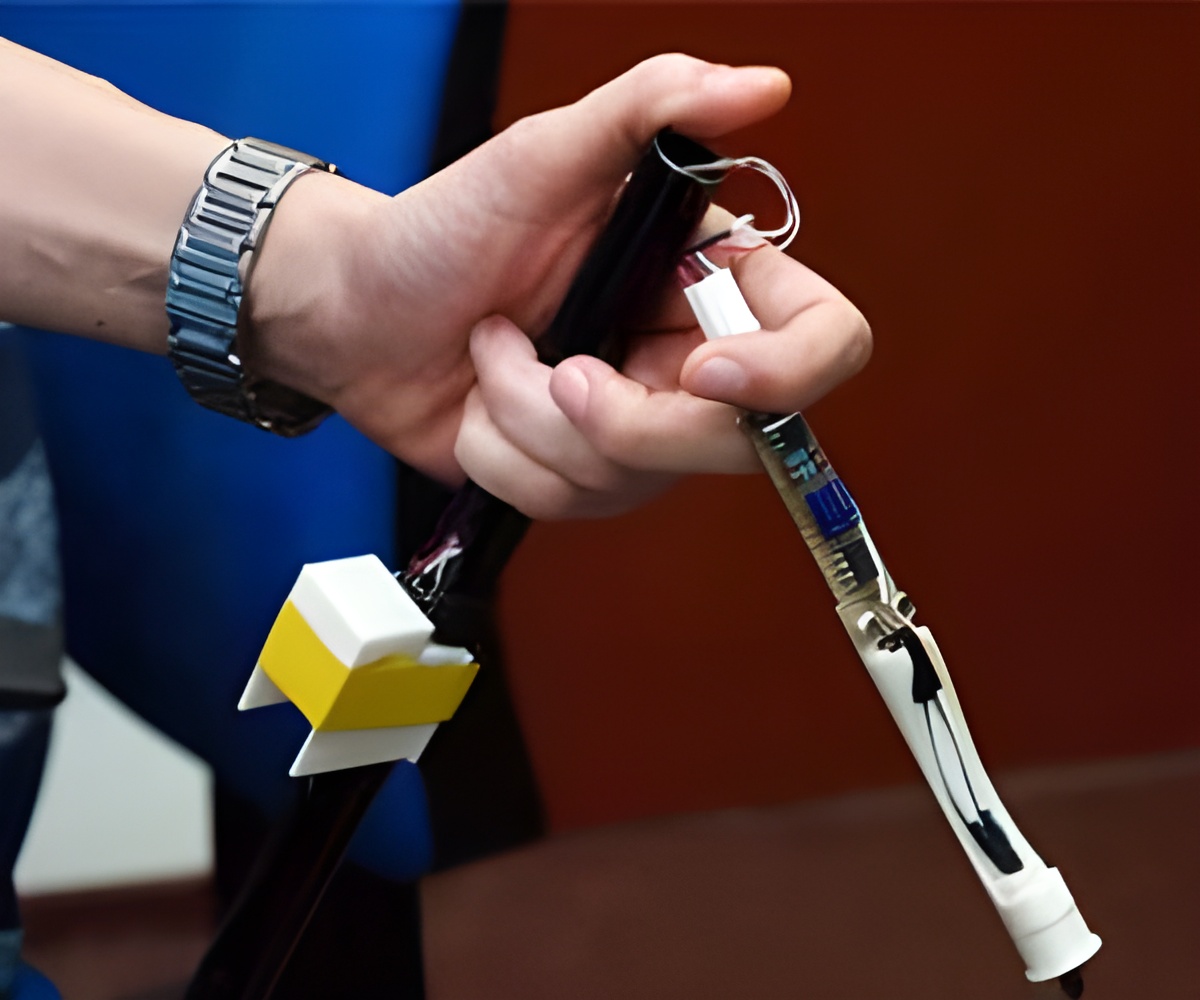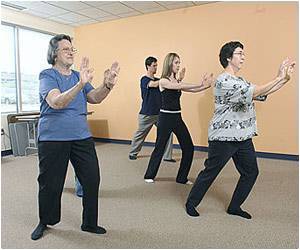Newly designed mechanized cane offers fresh hope for patients with walking difficulties and helps measure patients' rehabilitation process without any impact on them.

‘Newly designed mechanized cane measures patients' rehabilitation process without any impact on them. This discovery could offer new hope for millions of people with walking difficulties.’





In this regard, the Embedded Systems Engineering Group of the University of Malaga, specializing in the design of physical devices to aid users, such as a smart wheelchair, has developed a mechanized cane that can measure patients' rehabilitation process without any impact on them.This is a low-cost device, adapted to users and accessible to anyone, since the researchers have uploaded its designs, algorithms and electronic diagrams of its pieces to the Internet under an open license.
This cane monitors users' weight-bearing while walking, providing individualized information on their progress, by means of two embedded pressure sensors placed at two different depths in the tip of a regular cane so that they don't affect cane ergonomics. Likewise, so as to simplify its use, it includes a wireless charger, and data can be collected by a mobile phone via Bluetooth.
"We seek a minimal interaction with patients, to avoid any cognitive load and prevent any impact on their daily routine," explains Cristina Urdiales, Head of the Department of Electronic Technology.
Furthermore, promoting direct transfer to the industry is another objective of this project, shared under an open license and published in the scientific journal Sensors. "We have managed to keep the cost of manufacturing the cane below €100", says Joaquín Ballesteros, the designer, who adds that, thus far, it has been downloaded by more than 150 researchers, from the USA and France mainly.
Advertisement
But apart from its medical applications, which enable specialists to control each patient, the cane is also aimed at promoting active aging. In fact, it is already being tested in the so-called Active Participation Centers.
Advertisement
Source-Eurekalert













